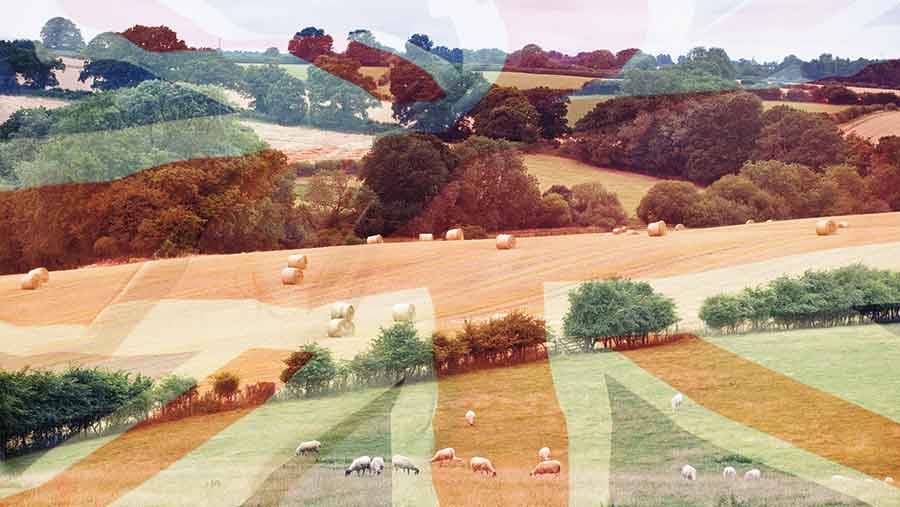Brexit threat to UK organic cheese exports
 © Tim Scrivener and ING
© Tim Scrivener and ING Dairy farmers say they will be forced to cease production of an award-winning cheese unless the UK and USA reach a deal on organic standards.
Production of Kingdom cheddar will stop at the end of this year without a UK–USA equivalency agreement, says the Organic Milk Suppliers Cooperative (OMSCo).
OMSCo became the first EU dairy business to qualify for USDA certified organic status in 2015, opening up the premium export market to its 265 organic UK milk producers.
See also: What opportunity does Brexit offer UK dairy farmers?
The cooperative’s award-winning organic cheddar, Kingdom, is produced as a mature, distinctive heritage cheese – and today is the only volume European organic cheese sold in the USA.
But Brexit has put access to the US market under threat because the current agreement on organic standards is between the USA and the EU, rather than between the USA and the UK.
When the UK leaves the EU in March 2019, the arrangement will no longer apply to UK organic farmers.
OMSCo says it will be forced to stop cheese production unless a new equivalence agreement on organic standards is signed between the USA and the UK before the end of December 2017.
Shelf life
That’s because it takes more than a year to process, mature, pack and ship Kingdom cheese – and ensure it has a suitable shelf-life period once it arrives in the USA.
Trade in organic dairy products between the UK and the USA could reach £40m in the next 12 months if an equivalency deal is reached, according to an OMSCo report.
OMSCo chairman Nicholas Saphir said the two-way trade was substantial and benefitted both countries – and he believed there was a willingness on both sides to exchange new equivalency letters.
But he warned: “This is very valuable business for our farmers, and has been hard won – we urge the government to move on this now, time is ticking on.
“We cannot take the risk of producing a niche market product that, given its 18-month production and distribution may not be able to be sold post-Brexit.”
Agricultural economist Sean Rickard, who wrote the OMSCo report, said: “A break in the ability of UK organic producers to export to the USA would be extremely damaging, if not fatal.”
Significant changes
One in four OMSCo farmers had made significant changes to their farming practices to meet the US organic standards, said Mr Rickard.
These included changes in breeding and calf management, and a focus on improving immune systems and antibiotic usage, while maintaining the highest levels of animal welfare.
Mr Rickard said: “There has also been considerable capital investment aimed at capturing a slice of this valuable market.”
Farmers would have to decide whether to continue investing in a niche market, high-value product that they wouldn’t be able export post-Brexit without an equivalency agreement in place.
A statement from UK international trade secretary Liam Fox acknowledged there was a “huge opportunity” to sell high-quality UK organic products to key overseas markets, such as the USA.
Mr Fox said: “As an international economic department, we’re helping organisations like OMSCo to break down barriers to trade, provide continuity and avoid disruption to business post-Brexit.”
